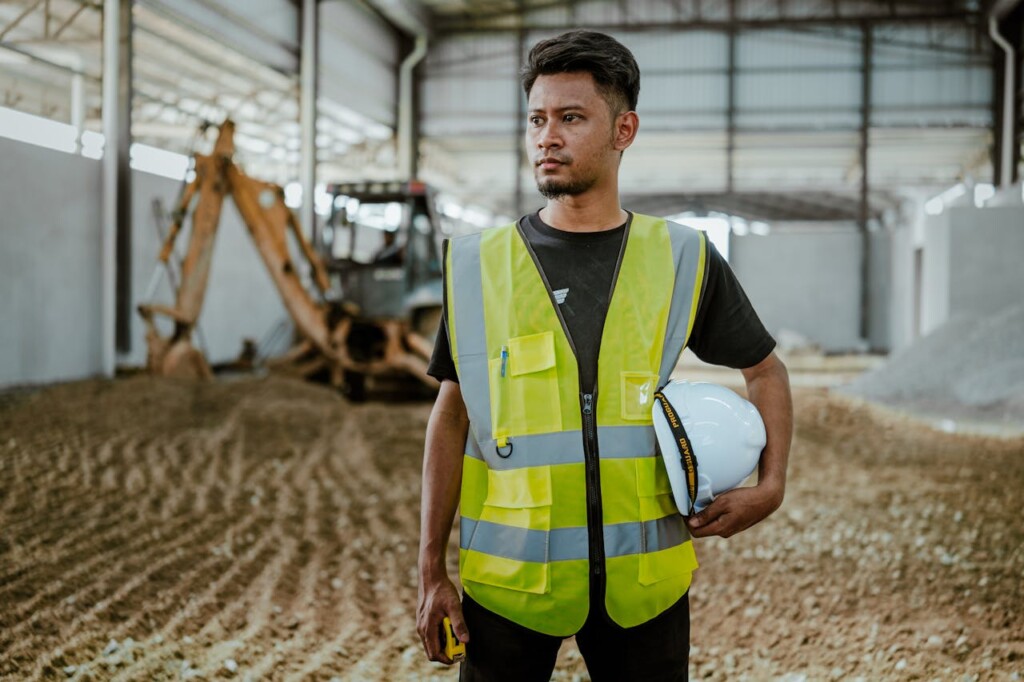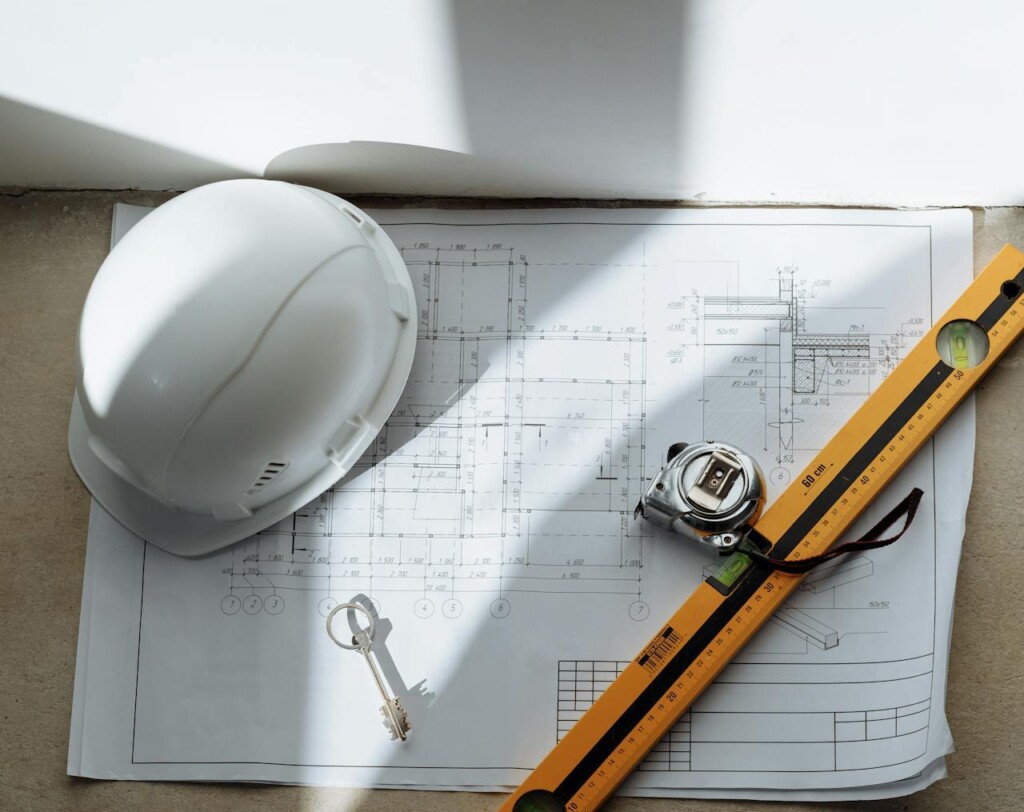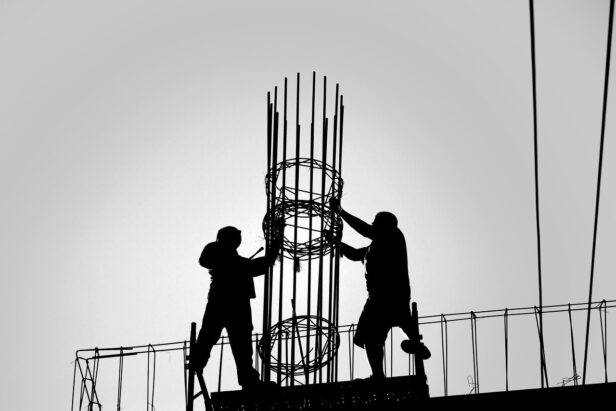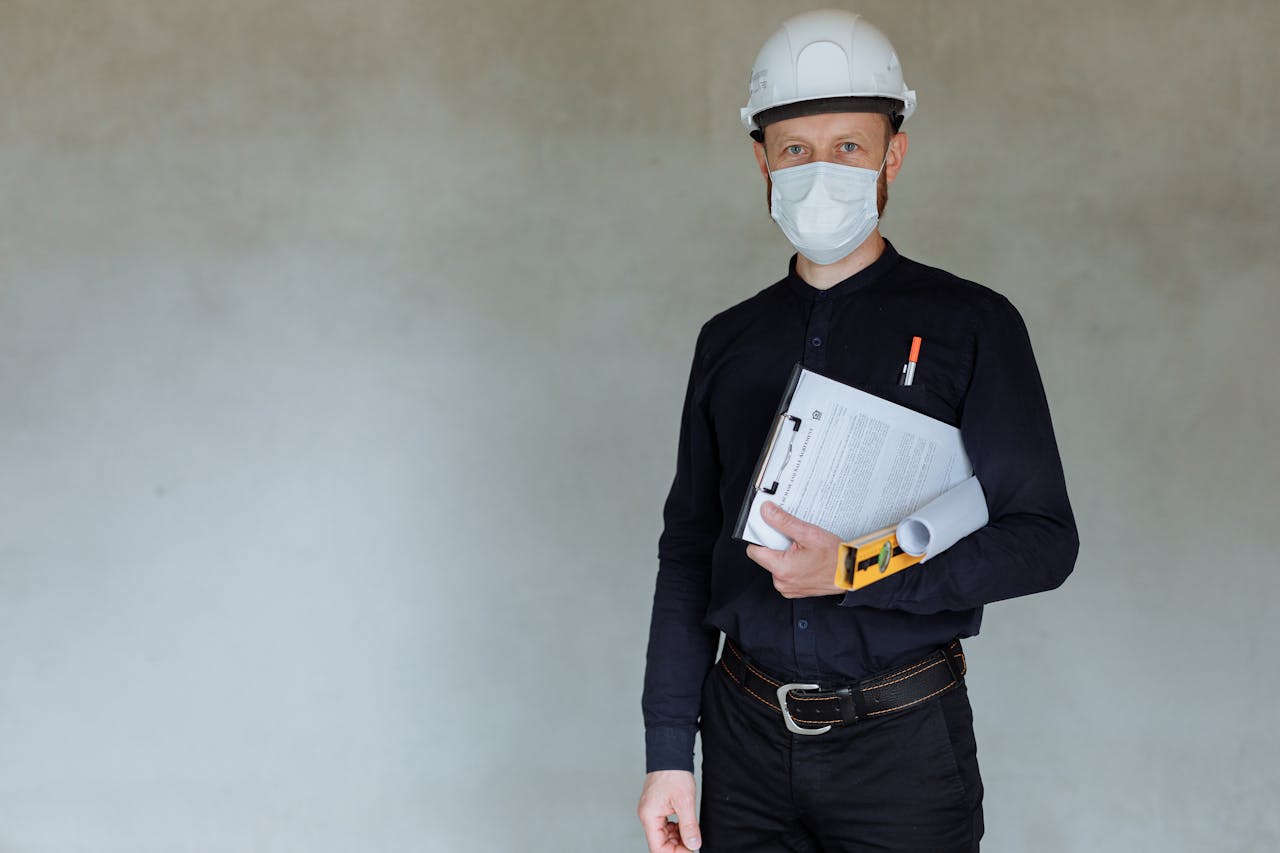Texas commercial construction has evolved into one of the most dynamic sectors in the United States, driven by unprecedented population growth and economic diversification. The state’s construction industry now employs over 850,000 workers and contributes more than $100 billion to the gross domestic product, establishing Texas as a powerhouse for commercial development.
We see projects spanning industrial facilities, multifamily housing, senior living communities, and mission critical infrastructure across every region of the state. From data centers in Dallas to warehousing and distribution hubs along the Gulf Coast, texas commercial construction encompasses the full spectrum of commercial building types that support thriving communities and growing businesses throughout the Lone Star State.
Which Delivery Methods And Services Fit Most Texas Projects?

Design-Build combines design and construction under one contract, allowing overlapping phases that reduce project timelines. We manage both design coordination and construction oversight, creating a single point of accountability that streamlines decision-making. This method works particularly well for projects requiring fast-track delivery while maintaining cost control.
Design-Assist brings us into the design process early while maintaining separate contracts with the design team. We provide constructability input during design development, helping identify potential issues before they become costly field problems. This collaborative approach supports better cost estimates and reduces change orders during construction.
Construction Manager At Risk And Traditional Methods
Construction Manager at Risk involves us providing preconstruction services during design, then guaranteeing a maximum price for construction. We assume financial risk for cost overruns while offering early input on scheduling, constructability, and budget management. CMAR works well for complex projects requiring detailed coordination and cost certainty.
Design-Bid-Build follows the traditional sequence of completing design first, then bidding construction to qualified contractors. While this method provides cost transparency through competitive bidding, it typically requires longer schedules since construction cannot begin until design completion. We support owners through this process with construction management services and bid oversight.
Integrated Project Delivery And Specialized Services
Integrated Project Delivery aligns owner, design, and construction teams through shared risk and reward structures. We collaborate from project inception through completion, with all parties working toward common goals. IPD requires strong commitment to data-driven decisions and transparent communication throughout the process.
Our general contracting services support projects across all delivery methods, providing traditional construction management with subcontractor coordination, schedule management, and quality control. Tenant improvement services address interior buildouts, renovations, and space modifications for occupied buildings, requiring careful phasing and coordination with ongoing operations.
Construction management systems and data-supported oversight enhance our planning capabilities across all delivery methods. We use project feasibility analysis to validate scope, budget, and schedule alignment before proceeding. Clear expectations and process discipline create predictable outcomes regardless of the delivery path selected.
What Markets And Building Types Does EB3 Construction Support In Texas?
Our project portfolio spans diverse sectors across Texas communities. We work with corporate clients on headquarters facilities, multi-tenant buildings, and financial institutions. Healthcare construction includes medical offices, dental practices, and specialized care facilities.
Commercial And Office Building Construction
Corporate facilities form a significant portion of our office building construction work. We handle headquarters buildings, regional offices, and multi-tenant spaces that accommodate growth and operational efficiency. Financial institutions require specialized design considerations for security, customer flow, and regulatory compliance.
Healthcare and dental facilities demand precise coordination of mechanical systems, patient privacy features, and accessibility standards. Interior buildouts and renovations help existing spaces adapt to changing business needs without relocating operations.
Retail Construction Texas And Service Facilities
Car wash facilities require specialized drainage, equipment foundations, and chemical-resistant construction materials. Convenience stores involve rapid construction timelines and standardized layouts that support efficient operations. Self storage facilities emphasize security systems, climate control options, and flexible unit configurations.
Child care facilities must meet strict safety codes, supervision sightlines, and age-appropriate design standards. Restaurants demand commercial kitchen ventilation, grease management systems, and dining space acoustics. Strip malls require coordinated tenant spaces with shared utilities and parking considerations.
Automotive service centers need heavy-duty flooring, equipment installation capabilities, and ventilation for vehicle emissions. Aviation facilities involve specialized hangar construction, fuel system integration, and runway access coordination.
Industrial Construction And Manufacturing
Warehousing and distribution centers emphasize clear-span construction, loading dock efficiency, and material handling systems. Manufacturing facilities require heavy equipment foundations, specialized utilities, and production workflow optimization. These projects often involve complex mechanical systems and precise scheduling to minimize operational disruption.
Waste and recycling facilities demand specialized containment systems, environmental compliance measures, and heavy equipment access. Food processing plants require sanitary construction methods, temperature control systems, and USDA compliance standards. Energy sector projects include substations, control facilities, and infrastructure supporting renewable energy installations.
Community And Institutional Projects
K-12 education facilities require safety systems, technology infrastructure, and flexible learning spaces that adapt to changing educational methods. Higher education projects often involve research capabilities, specialized laboratories, and campus integration considerations. Public buildings must meet accessibility standards, community gathering needs, and long-term maintenance requirements.
Worship facilities balance architectural significance with functional space needs for congregations and community activities. These projects often require acoustic design, audiovisual integration, and flexible space configurations.
Specialty Construction Markets
Mixed-use developments combine residential, commercial, and retail elements in coordinated construction phases. Hospitality construction includes hotels, conference centers, and entertainment venues with specialized mechanical systems and guest experience considerations. Mission critical facilities and data infrastructure projects demand redundant systems, security features, and precise environmental controls.
Advanced manufacturing involves clean room construction, specialized equipment installation, and process-specific utility requirements. These facilities often require ongoing construction support as operations expand and technology evolves.
How Do Safety, Integrity, And Quality Influence Results On Texas Jobs?

Safety creates the foundation for everything we do in Texas construction. Every worker deserves to return home safely each day, and this shared responsibility extends from project managers to subcontractors to every person on the jobsite. Daily safety briefings, proper equipment inspections, and hazard communication prevent incidents before they occur.
We implement OSHA safety protocols across all Texas projects, adapting them to local conditions like extreme heat and severe weather. Regular safety training keeps crews current on best practices while fostering a culture where everyone looks out for each other.
Integrity Builds Trust With Every Decision
Integrity means doing what we say we will do, when we say we will do it. Fair dealing with subcontractors, transparent communication with owners, and honest reporting on project progress create the trust necessary for successful construction delivery. We honor our commitments even when challenges arise.
This approach extends to material procurement and labor coordination. When we tell partners a delivery date or completion milestone, our word becomes the foundation for their planning. Consistent follow-through on promises allows teams to work efficiently without second-guessing schedules or specifications.
Truthful reporting helps owners make informed decisions throughout construction. If we encounter unforeseen site conditions or scope changes, we communicate impacts immediately rather than hoping problems resolve themselves.
Quality Starts With Planning And Preconstruction
Quality construction begins long before breaking ground. Planning and preconstruction activities identify potential conflicts, verify material availability, and sequence trades for optimal workflow. We review drawings thoroughly, conduct constructability analyses, and coordinate utility connections during this critical phase.
Demanding excellence means establishing clear standards and holding everyone accountable to them. Quality control checkpoints throughout construction verify that work meets specifications before proceeding to the next phase. This prevents rework and maintains project momentum.
Material testing and inspection protocols ensure structural integrity and system performance. We work with certified testing laboratories and follow manufacturer installation requirements to deliver buildings that perform as designed.
Strong Teams And Respectful Culture Support Delivery
Respectful communication and professional relationships create an environment where people want to contribute their best work. We treat every team member as a valuable contributor, regardless of their role on the project. This culture encourages problem-solving and innovation rather than blame when challenges arise.
Strong partner relationships with subcontractors, suppliers, and consultants enable us to respond quickly to changing conditions. These established connections provide access to skilled trades and priority material deliveries when schedules become compressed.
Regular coordination meetings keep everyone aligned on priorities and upcoming milestones. Open dialogue identifies concerns early and mobilizes the entire team to address them collaboratively.
Continuous Improvement Through Construction Technology And Data Analytics
Construction technology helps us work smarter and more efficiently on every Texas project. Digital project management platforms provide real-time visibility into schedules, budgets, and quality metrics. Mobile devices on jobsites enable instant communication and documentation.
Data analytics in construction reveal patterns that improve future project performance. We track productivity metrics, safety incidents, and quality indicators to identify opportunities for process improvements. This information guides training programs and resource allocation decisions.
Smart scheduling software optimizes trade sequencing and material deliveries to minimize downtime and maximize productivity. Weather monitoring systems help us plan outdoor work around Texas climate conditions, reducing weather-related delays.
What Should Owners And Developers Plan Before Breaking Ground?
Project feasibility begins with defining your program and selecting the right delivery path. We see owners evaluate Design-Build for streamlined collaboration, Construction Manager at Risk (CMAR) for early cost certainty, Integrated Project Delivery for complex coordination needs, or Design-Bid-Build when competitive pricing drives decisions. Each delivery method shifts risk and collaboration differently.
The choice depends on your project’s complexity and risk tolerance. CMAR provides guaranteed maximum pricing and early contractor involvement during design phases, while Design-Build consolidates accountability under one contract. IPD works well for mission critical infrastructure where all stakeholders need integrated planning from day one.
Sector-Specific Space Planning
Different building types require focused planning approaches before construction starts. Multi-site rollout projects for retail and franchise operations demand brand standards consistency across locations. We coordinate architectural details, finishes, and operational layouts to maintain uniformity while adapting to local site conditions.
Healthcare facilities need compliance planning for patient flow, accessibility requirements, and medical equipment integration. Manufacturing and logistics projects require operational efficiency planning for material handling, production workflow, and future expansion capacity. Mission critical infrastructure projects focus on data security requirements, redundant systems, and connectivity specifications that support operational readiness.
Tenant Improvement And Phased Construction Planning
Renovations and expansions require detailed tenant improvement coordination and phased construction schedules. We plan construction sequencing to minimize operational disruption while maintaining safety and code compliance throughout occupied buildings.
Phased construction becomes essential for multi-site projects where timing affects business operations. Schedule and budget planning must account for permit approval timelines, material procurement across multiple locations, and coordination between different construction phases. We use professional construction management to test scope feasibility against budget constraints before breaking ground at Texas sites.
Conclusion And Next Steps

Texas commercial construction encompasses diverse markets spanning office buildings, retail centers, industrial facilities, healthcare complexes, and mixed-use developments. We support projects through established delivery methods including Design-Build, Construction Manager at Risk, and Integrated Project Delivery. Our approach centers on safety protocols, transparent communication, thorough planning, and collaborative partnerships that drive successful outcomes.
Moving from concept to construction requires systematic preparation. Define your project goals and building requirements first. Select the delivery method that aligns with your timeline, budget constraints, and risk tolerance. Confirm compliance requirements specific to your location and building type. Conduct project feasibility analysis to validate scope, schedule, and budget assumptions. These foundational steps create clarity before procurement planning begins across Texas communities.
Ready to advance your commercial construction project? Contact EB3 Construction to discuss your development goals and delivery strategy.




